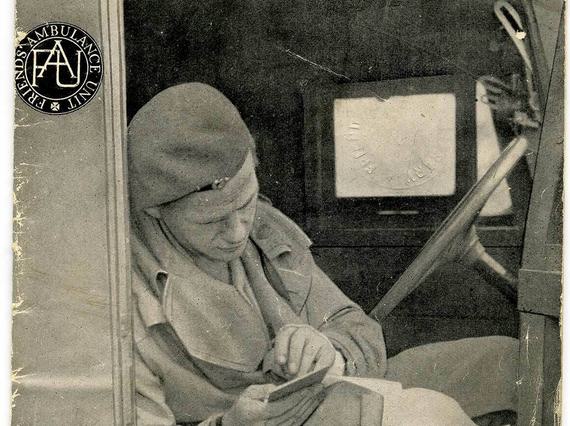
About Conscience Matters
The reintroduction of conscription meant that British citizens were expected to contribute directly to the war effort. To gain exemptions from conscription on the grounds of conscience, individuals were required to appear before a tribunal and produce evidence about their honesty and commitment to their principles.
During the Second World War, over 60,000 men and women chose not to fight for religious, political or moral reasons.
Following the stories of conscientious objectors including Scottish author, Fred Urquhart, and poet, Edwin Morgan, the exhibition examined the application process, the reasons people had for opposing conscription, and what happened to them as a result.
If successful in their application, conscientious objectors could be exempted from national service altogether, or more commonly assigned to other non-combatant roles such as bomb disposal, hospital work or agricultural labour. Some of those whose applications were unsuccessful were ultimately imprisoned.
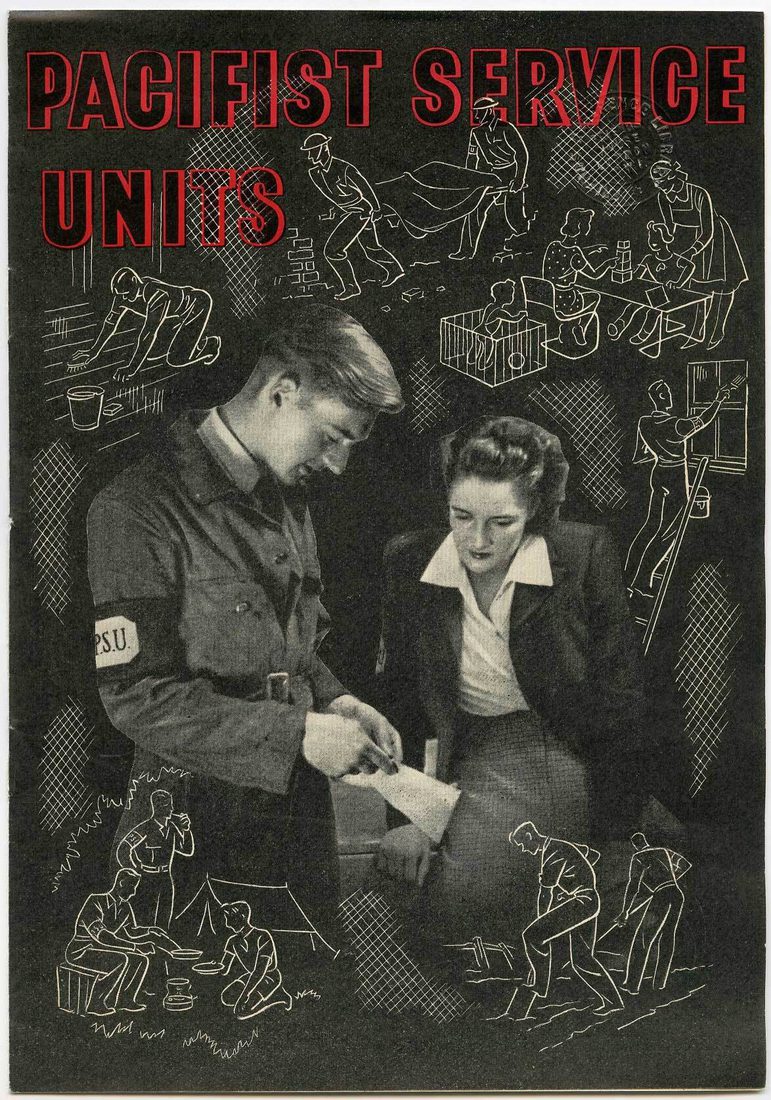
Poster for Pacifist Service Units
You might also like
- Discover
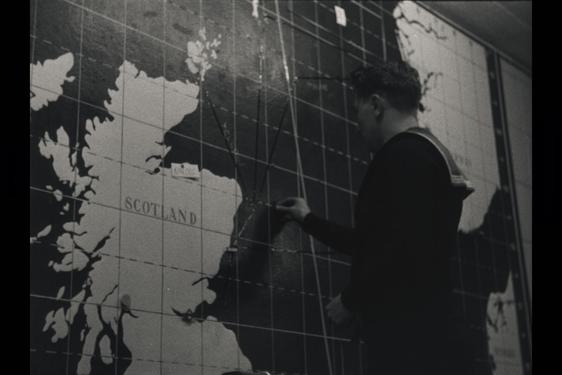
How Scotland became a Cold War Battleground
After the Second World War, Western and Soviet tension increased over plans for Germany. Western allies looked for collective security, and in April 1949 the North Atlantic Treaty organisation (NATO) was created. Scotland had huge…Keep reading - Discover
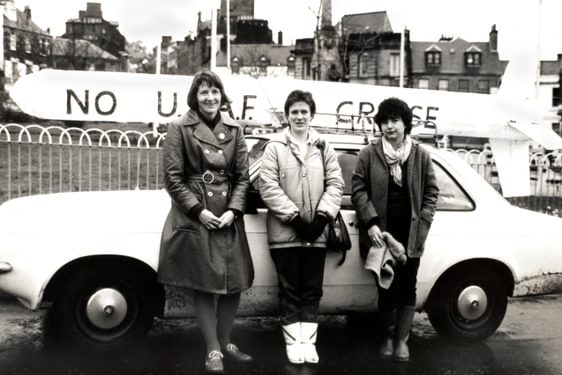
Women of Cold War Scotland
Scotland played a unique role during the Cold War, a 40-year nuclear stand-off between the USA and the Soviet Union. Despite looming conflict, people in Scotland mobilised in a variety of ways in reaction to this changing world. Thousands…Keep reading - Discover
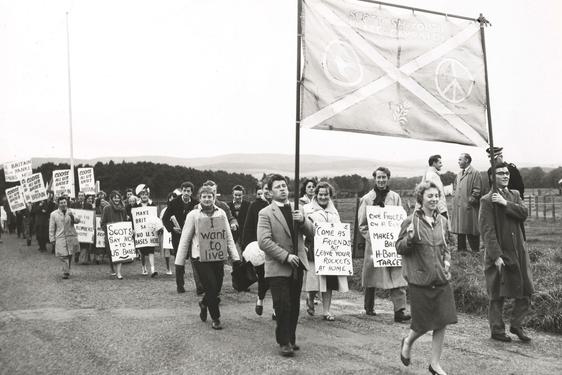
The Cold War and Scottish society
Cold War ideologies and cultures had a direct impact on Scottish society. Scotland was the site for cultural and political exchange from both sides of the Cold War across the 20th century. Politicians from both sides represented their…Keep reading